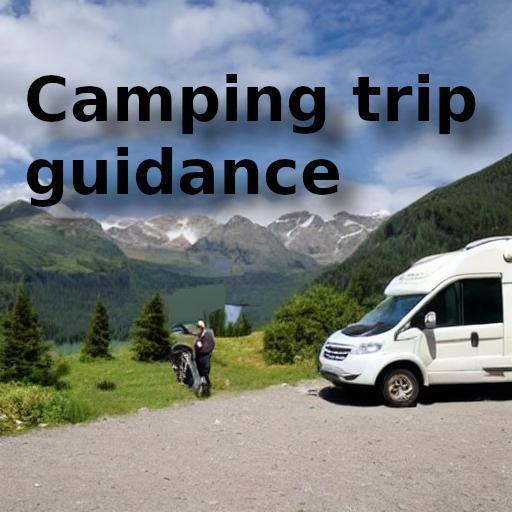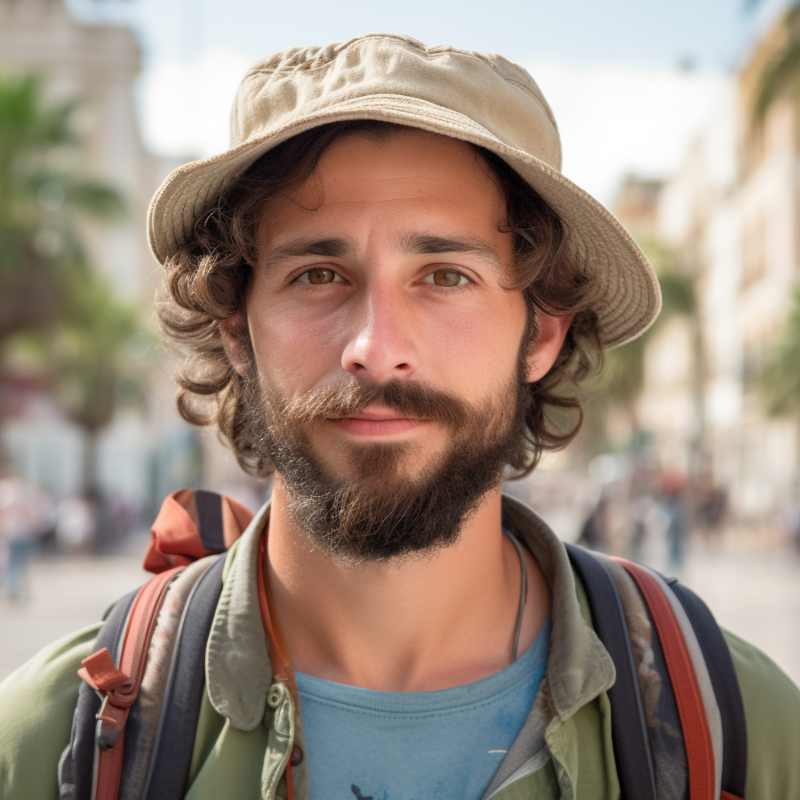


Primitive Wanderings:
The history of camping is as ancient as humanity itself, with early humans venturing into the great outdoors to seek shelter under the stars. Nomadic tribes and ancient civilizations often relied on temporary encampments, marking the earliest form of camping as a way of life.
Tents and the Military Influence:
The use of tents became prevalent in military campaigns, shaping the evolution of camping. Soldiers throughout history sought refuge in portable shelters during wars and explorations, influencing the development of camping gear and techniques.
The Romanticism of the 19th Century:
The 19th century witnessed the rise of camping as a recreational activity, fueled by the spirit of Romanticism. Nature enthusiasts, inspired by the works of Thoreau and Wordsworth, sought solace in the wilderness. This era laid the groundwork for camping as a leisure pursuit rather than a necessity.
Automobiles and the Great Outdoors:
The early 20th century saw the advent of automobile travel, opening up opportunities for camping on a wider scale. Families could now venture beyond their immediate surroundings, leading to the popularization of car camping and the establishment of dedicated campgrounds.
Back to Basics and Modern Trends:
The latter half of the 20th century witnessed a return to primitive camping, with enthusiasts embracing minimalist approaches and backcountry experiences. As camping evolved, so did the culture, with the emergence of outdoor communities, eco-friendly practices, and a focus on mindfulness in nature.
Using a camping site can be a fun and exciting way to enjoy the great outdoors. Here are some tips to help you make the most of your camping experience:
Choose a campsite: Research different camping sites in your area and choose one that fits your needs. Consider factors such as location, amenities, and availability.
Plan ahead: Make a checklist of everything you will need for your trip, including camping gear, food, and clothing. Make sure to bring extra supplies in case of emergencies.
Set up camp: Once you arrive at your campsite, find a level spot to set up your tent. Make sure to follow any guidelines or rules set by the campsite.
Follow fire safety rules: If you plan on having a campfire, make sure to follow fire safety rules such as keeping the fire contained in a designated area and never leaving it unattended.
Respect nature: Leave your campsite better than you found it by properly disposing of trash and following Leave No Trace principles. Respect wildlife by keeping a safe distance and not feeding them.
Be prepared for the weather: Check the weather forecast before you go camping and be prepared for any conditions. Bring appropriate clothing, gear, and shelter.
Have fun: Enjoy the outdoors and take advantage of any activities or amenities offered by the campsite, such as hiking trails or swimming areas.
The experience of living at a camping site can vary significantly from country to country, depending on factors such as culture, climate, and infrastructure. Here are some of the main differences you may notice when living at a camping site in different countries:
Availability of facilities: Camping sites in some countries may offer a wide range of facilities, such as showers, toilets, laundry facilities, electricity hookups, and Wi-Fi. In other countries, camping sites may have limited facilities or may not offer any at all.
Climate: The climate in the country you are camping in can have a big impact on your experience. In some countries, the weather may be consistently mild and pleasant, while in others, you may need to prepare for extreme heat, cold, or rainfall.
Culture: The cultural norms and values in the country you are camping in may also impact your experience. For example, some countries may have more relaxed attitudes towards noise, music, and socializing in the evenings, while others may have stricter rules around quiet hours and respectful behavior.
Wildlife: The types of wildlife you may encounter while camping can also vary by country. For example, some countries may have a higher risk of encounters with bears, snakes, or other dangerous animals, while others may have a lower risk.
Regulations: The rules and regulations around camping can also vary by country. For example, some countries may require permits or fees to camp in certain areas, while others may have restrictions on campfires or other activities.
There are several pluses and minuses to living at a camping site. Here are some of them:
Pluses:
Affordability: Camping sites are often cheaper than hotels, making them a great option for budget travelers.
Outdoor experience: Camping sites are usually located in scenic areas, providing you with the opportunity to enjoy the beauty of nature.
Community: Camping sites can provide a sense of community as you are surrounded by fellow campers who share similar interests.
Flexibility: Camping allows for flexibility in your travel plans, as you can move from one location to another without worrying about hotel reservations.
Privacy: Camping provides a level of privacy that you may not get in a hotel, as you have your own space in nature.
Minuses:
Lack of amenities: Camping sites may lack some of the amenities that you would find in a hotel, such as a private bathroom and electricity.
Weather: Camping is weather-dependent, which means that you may have to deal with uncomfortable weather conditions such as rain or extreme heat.
Limited space: The space in a tent or RV can be limited, which may not be ideal for extended stays or families.
Safety concerns: Camping in remote locations can pose safety concerns such as wild animals, and you may also have to deal with security issues such as theft or vandalism.
Lack of comfort: Camping can be uncomfortable for some people, as it may involve sleeping on the ground or using public facilities for showers and toilets.
Living at a camping site can be a great experience for those who enjoy the outdoors and are looking for an affordable and flexible travel option. However, it may not be ideal for those who prioritize comfort and convenience.
Camping can be a fun and rewarding experience, but it's important to prioritize safety to ensure a positive trip. Here are some general safety guidelines to follow at a camping site:
Choose a safe location: When selecting a camping site, look for a safe and secure location. Avoid areas prone to natural disasters such as flooding, and make sure there is easy access to emergency services.
Know the wildlife: Research the wildlife in the area you'll be camping in and learn how to safely coexist with them. Store your food and garbage securely to avoid attracting wildlife.
Prepare for emergencies: Bring a first aid kit and learn basic first aid skills. Make sure to also have a plan in case of emergencies, such as knowing the location of the nearest hospital or ranger station.
Check the weather forecast: Be prepared for changing weather conditions by checking the forecast before you go camping. Bring appropriate clothing and gear for the weather, including rain gear and extra layers.
Follow fire safety guidelines: Observe fire safety guidelines, such as only building fires in designated fire rings or pits, keeping fires small, and making sure the fire is completely out before leaving.
Practice good hygiene: Practice good hygiene to prevent illness while camping. Bring hand sanitizer and soap, and wash your hands frequently. Avoid touching your face and practice social distancing.
Be respectful of other campers: Respect other campers by keeping noise levels down, cleaning up after yourself, and avoiding walking through other campsites.
In the contemporary era, camping has become a multi-faceted cultural phenomenon, blending tradition with innovation. From the ancient wanderings of early humans to the high-tech gear of modern enthusiasts, camping stands as a testament to our enduring connection with the natural world and the ever-evolving spirit of adventure.
Enjoy your nice camping trip!

We use cookies
We use cookies and other tracking technologies to improve your browsing experience on our website, to show you personalized content and targeted ads, to analyze our website traffic, and to understand where our visitors are coming from. Privacy Policy.